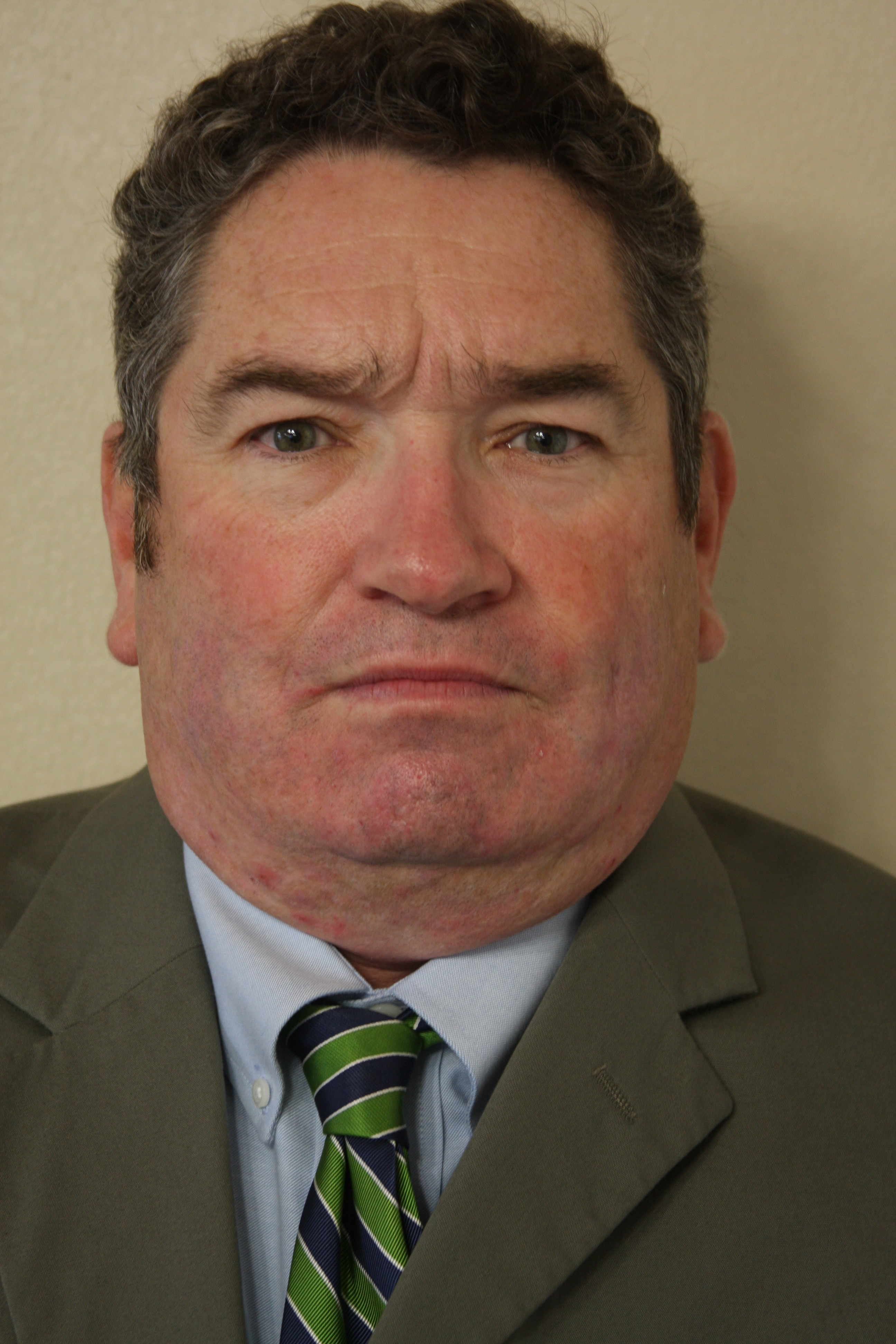Lying, cheating, and stealing…
That’s white-collar crime in a nutshell. The term is now synonymous with the full range of frauds committed by employees, such as business and government professionals.
It’s not a victimless crime. A single scam can destroy a company, devastate families by wiping out their life savings, or cost investors billions of dollars (or even all three, as in the Enron case). Today’s fraud schemes are more sophisticated than ever, and skilled private investigators are often hired to track down the culprits.
Edwin H. Sutherland first introduced the idea of white-collar crime during his presidential address at the American Sociological Society Meeting in 1939. He was concerned that the criminological community was preoccupied with the low-status offender and “street crimes” and paid relatively little attention to the offenses perpetrated by individuals in higher status occupations. Sutherland wrote a book entitled White Collar Crime in which he explained further that white-collar crime “may be defined approximately as a crime committed by a person of respectability and high social status in the course of his occupation.”
According to the U. S. Department of Justice, Federal Bureau of Investigation, Criminal Justice information Services (CJIS) Division, the definition of white-collar crime is still hotly contested within the community of experts. Although, there are a multitude of variations; there appear to be three major opinions. There are those who define white-collar crime by the type of offender, e.g., high socioeconomic status and/or occupation of trust; those who define it in terms of the type of offense, e.g., economic crime; and those who study it in terms of the organizational culture rather than by the offender and offense. Additionally, there are also those who confine the definition mainly to economic crime, as well as others who include other corporate crimes; for example, environmental law violations, and health and safety law violations.
In summary, white-collar crime is a non-violent crime that is committed by someone, typically for financial gain. The typical white-collar criminal is an office worker, financial manager, fund manager or executive.
White-collar crime is often identified and reported by forensic accountants, auditors and whistle blowers. Entities that investigate white-collar crimes include the FBI, Securities and Exchange Commission and the National Association of Securities Dealers, as well as Private Investigative Firms, such as Coastal Virginia Investigations, who typically employ persons with decades of public and/or private sector fraud investigative experience.
Several terms may surface when dealing with these types of cases;
Black Box Accounting…
Although black box accounting is not illegal as long as it adheres to GAAP or IAS accounting guidelines, it is generally considered unethical. It is the complex bookkeeping methodology used to make interpreting financial statements time-consuming or difficult. Corporations seeking to hide information from investigators are most likely to use this type of accounting. Why would someone want to hide this information from investigators? Because they don’t want large amounts of debt disclosed, as this information would negatively affect the corporation’s share value or ability to gain access to funding.
Business Crime Insurance…
This is an insurance that corporations purchase to ensure protection from losses resulting from business-related crime.
Business owners should keep in mind that most commercial property policies do not cover crime-related losses.
Cook The Books…
This is a buzzword describing fraudulent activities performed by corporations in order to falsify their financial statements. Typically, cooking the books involves augmenting financial data to yield previously non-existent earnings. Examples of cooking the books are acceleration of revenues; delaying expenses; manipulating pension plans, and implementing synthetic leases.
During the first couple of years of the new millennium, large Fortune 500 companies such as Enron and WorldCom were found to have been cooking the books to improve their financial figures. The resulting scandals gave investors and regulators a rude awakening when they discovered that companies were hiding the ugly truth between the lines of financial data.
Corporate Fraud…
Corporate fraud includes activities undertaken by an individual or company done in a dishonest or illegal manner, and are designed to give an advantage to the perpetrating individual or company. Corporate fraud schemes go beyond the scope of an employee's stated position, and are marked by their complexity and negative economic impact on the business, other employees and outside parties.
Securities Fraud…
This is often a financially devastative form of white-collar crime. In securities fraud, an individual or corporation, such as a stockbroker, brokerage firm, corporation or investment bank typically misrepresents information that investors use to make investment decisions.
Money Laundering…
This is the process of creating the appearance that large amounts of money obtained from serious crimes, such as drug trafficking or terrorist activity, originated from a legitimate source. This is a very serious problem that some estimate at over $500 billion annually. Often thought to be a victimless crime, money laundering has a critically damaging role in modern society. Without money laundering, international organized crime syndicates would not be able to exist.
According to the National Check Fraud Center, there are many different types and schemes of white-collar crime:
Types of white-collar crime…
1. Bank Fraud 13. Health Care Fraud
2. Blackmail 14. Insider Trading
3. Bribery 15. Insurance Fraud
4. Cellular Phone Fraud 16. Investment Schemes
5. Computer Fraud 17. Kickback
6. Counterfeiting 18. Larceny / Theft
7. Credit Card Fraud 19. Money Laundering
8. Currency Schemes 20. Racketeering
9. Embezzlement 21. Securities Fraud
10. Environmental Schemes 22. Tax Evasion
11. Extortion 23. Telemarketing Fraud
12. Forgery 24. Welfare Fraud 25. Weights and Measures
Types of white-collar schemes…
1. Advanced Fee Schemes 12. Land Fraud
2. Odometer Fraud 13. Airport Scam
3. Pigeon Drop 14. Auto Repair
4. Police Impersonation 15. Check Kiting
5. Ponzi 16. Coupon Redemption
6. Pyramid 17. Directory Advertising
7. Quick Change 18. Fortune Telling
8. Shell Game 19. Gypsy Scams
9. Utilities Impersonators 20. Home Improvement
10. VCR Scam 21. Inferior Equipment
11. West African Investment Scams 22. Jamaican Switch
According to the 2010 National Public Survey on white-collar crime published by the National White Collar Crime Center, certain varieties of white-collar crime are often associated with significant financial losses. According to the Federal Bureau of investigations (FBI), health care fraud is responsible for between 3 to 10 percent of total health care expenditures. In 2007, the Centers for Medicare and Medicaid Services estimated that health care expenditures would amount to $2.26 trillion by the end of the fiscal year. Given this estimate, it is possible to calculate the cost of health care fraud as ranging between $67.8 billion and $226 billion in 2007 alone.
Recently Deputy Attorney General Sally Quillian Yates released a policy document now referred to as the “Yates Memorandum.” This memorandum is entitled “Individual Accountability for Corporate Wrongdoing.” In her memorandum she sets out six principles that the Department of Justice intends to apply in a renewed (or apparently renewed) emphasis on the prosecution of individuals in the context of the investigation of corporate wrongdoing.
If you wish to read more, here is the document: Yates-Memo-Prosecution-of-Individuals.pdf.
About the Authors
Charles E. Ciccotti, a registered private investigator since 2004, is the Director of Investigations at Coastal Virginia Investigations. His prior experience includes 27 years of service with the Virginia State Police, most recently as a Sergeant. He is the also the founder of Ciccotti Enterprises, Inc., Private Investigation and Consultant Services. Charles earned a degree in governmental administration from Christopher Newport University and obtained a post-baccalaureate certificate in criminal justice administration from Virginia Commonwealth University. He can be reached at (757) 251-7000 or cciccotti@coastalvainvestigations.com.

Charles E .Ciccotti
Director of Investigations
Coastal Virginia Investigations
Patrick “Ed” Buckley, a retired Special Agent with the Federal Bureau of Investigation, is the Lead Investigator at Coastal Virginia Investigations. His experience includes being the Intelligence Program Manager for Osen-Hunter Group. He is currently President of Achilles Intelligence Services which he established in 2014 as an all service multi-discipline intelligence provider.

Patrick E. Buckley
Lead Investigator
Coastal Virginia Investigations
« Return to Newsletter